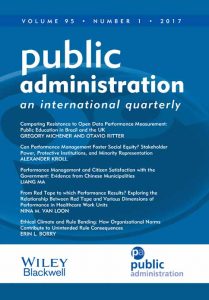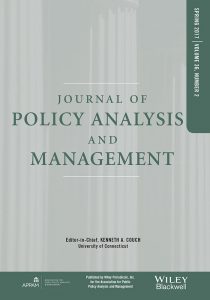School teachers’ perceptions of the bystanders’ role in school bullying
This particular piece of research was conducted with teachers employed in Finnish primary/lower and upper secondary schools. Ten in number were asked to unfold their perceptions of what role the bystanders play in school bullying. This text draws from their expertise to address a problem with several facets as, for example, it fuels other school problems as absenteeism. Many children choose absenteeism to avoid school because they are bullied there. Considering the long-lasting effects of bullying on victims, it is...




















1530-2415/asset/SPSSI_logo_small.jpg?v=1&s=703d32c0889a30426e5264b94ce9ad387c90c2e0)